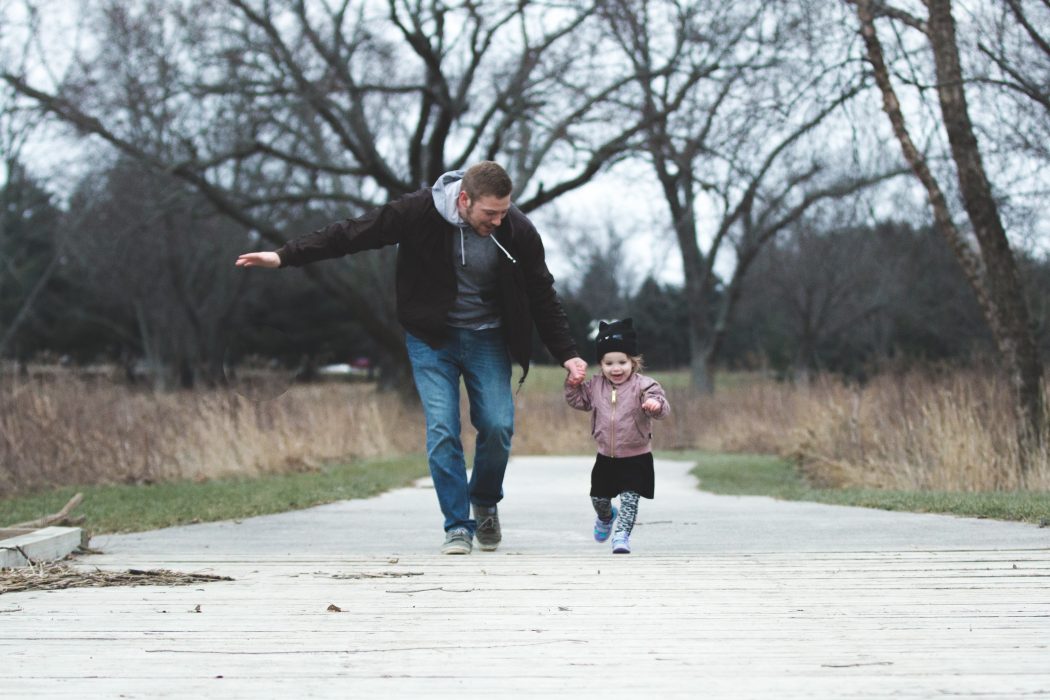Is being a mum the hardest job in the world? Stay-at-home dads are starting to say no!
The stay-at-home dads are rising: statistics from the census data show a 38 per cent increase in the number of full-time fathers between 2006 and 2018, increasing from 57 000 to 80 000. This now accounts for 4.6% of couple families with children.
Institute Director Anne Hollonds tells the ABC, “These stay-at-home fathers are a diverse group including dads with ill-health, a disability or who are out of work, as well as those choosing to stay home to care for children.” She adds, “Compared to mothers at home, stay-at-home dads tend to be older, with older children.”
But are these numbers enough to change traditional family roles?
Compared to the 80 000 unconventional fathers, there are still 298 900 stay-at-home mothers. Things are changing – but only at a snail’s pace.
Dr Jennifer Baxter, a senior research fellow at the Institute, notes that, “We still do have very strong gender stereotypes around caring that no doubt do make it difficult for some dads.” When considering the, “enjoyment and status and stimulation from work,” both women and males receive, she continues, “…we don’t necessarily expect to see massive increases in dads taking a really long time out of work to care for children.”

The stereotype of men being the main breadwinners is accompanied by financial obstacles such as the 23 per cent gender pay gap, as well as an increase in families where both parents work.
Many just aren’t in a position to change the status quo.
Professor Rae Cooper, co-director of the Women, Work and Leadership Research Group, acknowledges in the same interview that, “…unfortunately, things are still moving very, very slowly and are not catching up with our attitudes and our hopes and dreams about what we can access at work.”
Dr Baxter turns to the promotion of employment policies for long-term change. She explains these could reduce working hours for fathers and provide greater flexibility. Optimistically, these could one day see a shared role in caregiving and the true rise of the stay-at-home dads.



